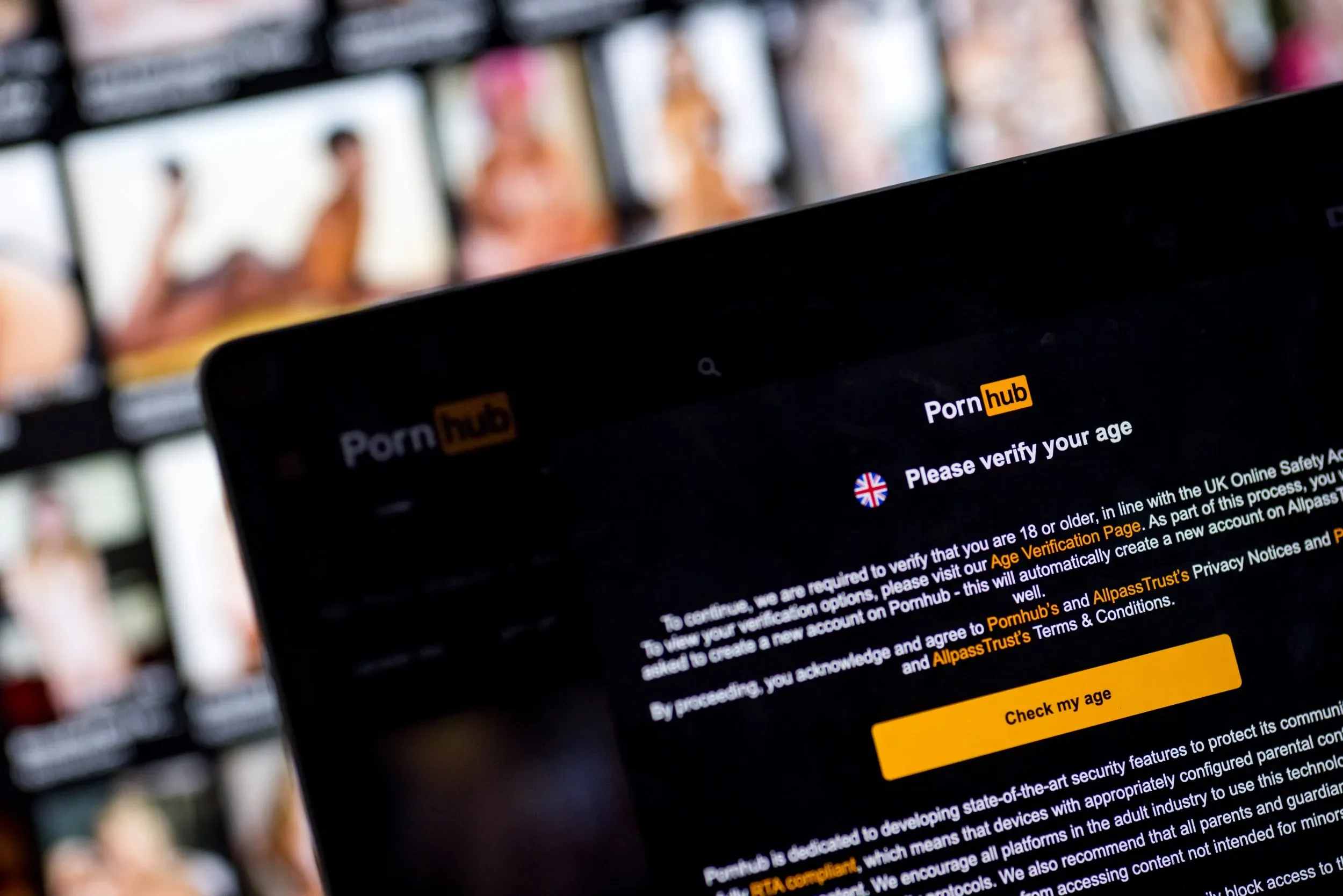Fear of Missing Out (Again)
On May 20th, John McClane and Rambo were unceremoniously crowbarred into Call of Duty: Warzone as cosmetic skins available from the in-game store. If you felt that your life would be spiritually enriched by such a purchase then it cost about £34 for both, resulting in the community accusing Activision (and not Hans Gruber) of being an exceptional thief. Two weeks later the offer ended and the skins were withdrawn. Those who had missed the proverbial boat were left to cry into their beer and shake their fists at the capricious nature of the gods. Because “fear of missing out” is very real and all leisure industries know this and are happy to capitalise upon it. Never mind children and those adults who have learned to control their sense of compulsion. Capitalism’s reply is simply “am I my brother’s keeper”? Because loot boxes, limited time events and cosmetic products are just surprise mechanics”.
There is an inherent appeal to being part of something that is currently happening. To be at the cutting edge of something new or at the heart of a major event or talking point. It’s nice to belong, be part of a community and be able to say at a later date “I was there”. If you want to be less generous, it all can at times feel like a throwback to one’s adolescent years and not being excluded from the “in crowd”. One could even stray into the realm of armchair expertise and conjecture about the psychology of FOMO. Is it all part of the ongoing decline of society and the rise of the individual and consumer? Do we long to connect with others or are we just infantilised, emotionally stunted, perpetual teenagers who are incapable of countenancing going without? FOMO is indeed a complex social issue but as a business tool it is as plain as the nose on your face. People don’t like to miss out, so regularly offer them short term deals and watch the money come rolling in.
Is this man missing out or has he been deliberately excluded due to his choice of knitwear?
In my youth, I was often an early adopter. I was enamoured with new technology and would jump in feet first when a new product launched. I did this for a while with video games, often participating in alpha and beta testing and then enduring the iniquities of a bad launch. But I am older and wiser now, having learned the hard way. I’ll wait for an operating system, hand held device or game to be out some time nowadays before contemplating buying it. Let others ensure the bugs, flaws and lack of functionality. Most importantly, I am not fundamentally tormented by the notion that other people are having more fun than me at any time of the day. Doing things I can’t do or can’t afford to do. Because it’s a futile concept that if taken to extremes, will leave you constantly dissatisfied and envious.
A pop culture reference to contracts
Sure there are plenty of people who are currently indulging their personal vices or having a bacon sandwich, while I am not. But there are also people going to bed hungry or being tortured by the secret police, while I am not (although Mrs P does make me take out the recycling). FOMO is very much a first world problem and is very much underpinned by a sense of entitlement. I believe this may be a generational thing as I don’t remember anyone handing me a legally binding contract during my first day of school that stated that I’d always have “everything” and always “get my own way”. Joking aside, for me it is just a practical reality that you can’t do all the things you’d like. Occasionally I will have a pang of envy that I’ve not got that experience of playing World of Warcraft or that I have no association with sports. But these feelings are short-lived. Rather than worry about what I can’t do, I prefer to focus on what I can and therefore enjoy it all the more.
NB: I previously wrote a post about FOMO on 24th of September 2019. When you’ve been blogging for as long as I have some subjects are bound to come around more than once.




























